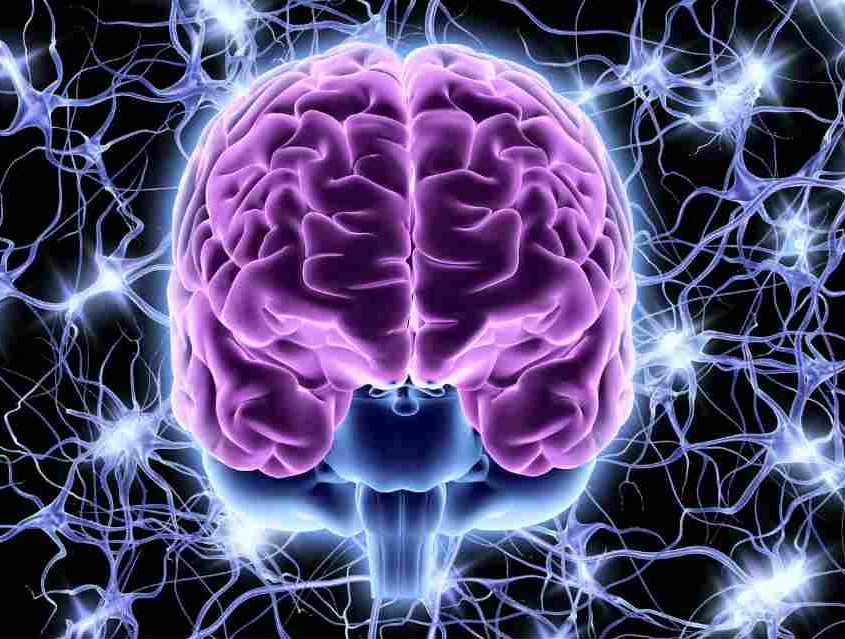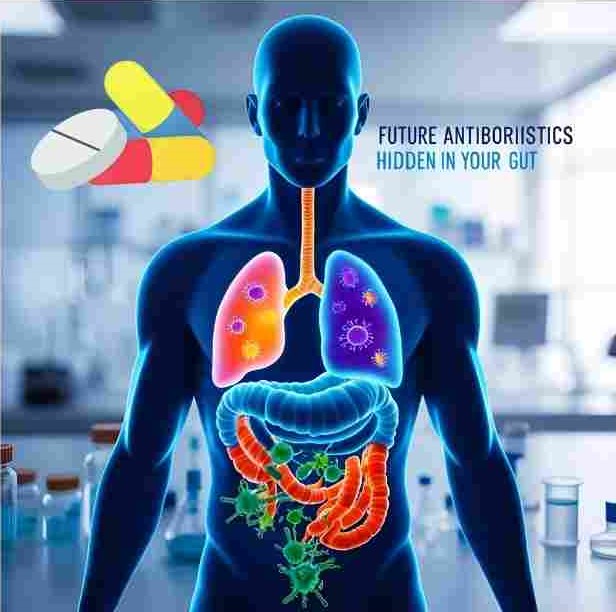New Type of Brain Cell Found – May Help Heal Brain Damage
Scientists have discovered a brand-new type of brain cell that could help repair brain damage—at least in mice.
This new cell is a special kind of astrocyte, a star-shaped cell found in the brain. Astrocytes play an important role by supporting neurons (brain cells that send messages) and keeping the brain healthy. They help control chemical balances and protect the brain from harm.
Astrocytes are found in two main areas of the brain:
- Grey matter, which contains the main bodies of neurons that hold DNA and process information.
- White matter, which includes the long “wires” that help neurons communicate over distances.
Scientists already knew a lot about grey-matter astrocytes, but white-matter astrocytes were less understood—until now.
In a new study published in Nature Neuroscience, researchers studied mouse brain tissue and looked at how genes inside white-matter astrocytes were switched on. They discovered two different types of these cells:
- Housekeeper Astrocytes – These supported the nerve fibres and helped neurons communicate.
- Proliferative Astrocytes – This new type was surprising. It could multiply and create new astrocytes, something never seen before in white-matter astrocytes.
Even more interesting, some of these proliferative astrocytes could move from white matter to grey matter, suggesting they could act like a backup system—replacing damaged or lost cells when needed.
If these types of cells also exist in the human brain, it could open up new ways to treat brain injuries or diseases like multiple sclerosis. Scientists may eventually learn to “train” these cells to multiply and repair damaged parts of the brain.
As part of the study, researchers also looked at human brain samples taken during autopsies of 13 organ donors. They found white-matter astrocytes in the human brains too, but these only had the basic “housekeeping” abilities—not the ability to multiply.
One possible reason: all the samples came from older people, and the mouse study showed that the ability of astrocytes to multiply seems to decrease with age. With samples from younger people, it’s possible that these special cells could still be found in humans.
Looking ahead, researchers want to learn more about how white-matter astrocytes affect brain health, especially how they react to injury or change as we age. This knowledge could eventually help develop new treatments to repair brain damage and fight brain diseases.









